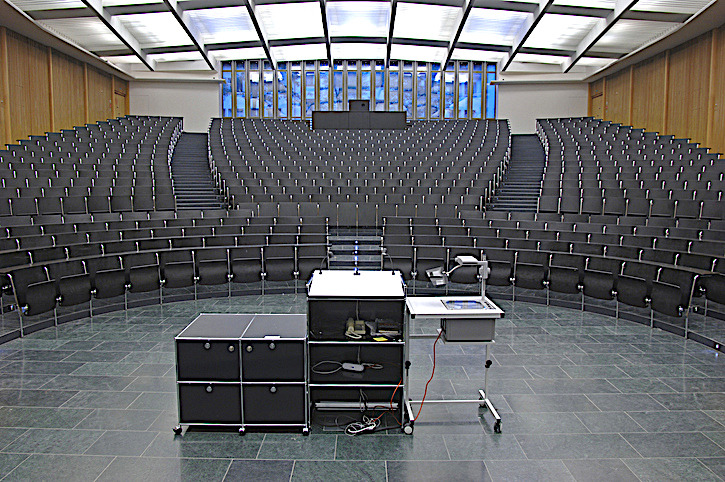
The decision by some top law schools to exit the U.S. News & World Report rankings hasn’t led to anything similar among business schools (yet), but if it did, many admissions officers would welcome it, according to Manhattan Prep/Kaplan’s 2022 business school admissions officers survey.
Among the admissions officers surveyed at 117 full-time M.B.A. programs across the United States, 37 percent believe that “business school rankings have lost some of their prestige over the last couple of years,” and 29 percent disagree with that point of view; the remaining 34 percent didn’t express one view or the other. Additionally, 34 percent of business school admissions officers “think it would be a positive development, for both business schools and applicants, for business school rankings to no longer exist,” while 30 percent disagree; the remaining 36 percent didn’t express one view or the other.
These evolving views on the rankings come at a time of significant change in the M.B.A. admissions landscape, with business schools looking for ways to boost their application numbers and many continuing to remain test optional, a COVID-19-era policy, as a way to accomplish this. It also comes at a time when some business schools and colleges have come under fire for reporting false data to game the rankings.
Those who held negative views about the rankings shared these reasons:
- “We should be focusing on fit, not prestige. What program is going to give the student the most positive experience and highest return on investment. We should be in the business of informing, not competing.”
- “The methodology is often so terribly flawed. Some are so poorly done and are done so only to make money. Business schools have accepted that somewhat, but many of today’s prospective students seem to have a more critical eye than previous prospects. They tell us the rankings don’t have the influence they once had.”
- “The criteria used for ranking is skewed to benefit the schools that already have more students and spend a lot of marketing dollars.”
- “The audience is more aware of the subjectivity of rankings, some schools have chosen not to participate, and some of the rankings have produced questionable results.”
Source: inside higher ed
